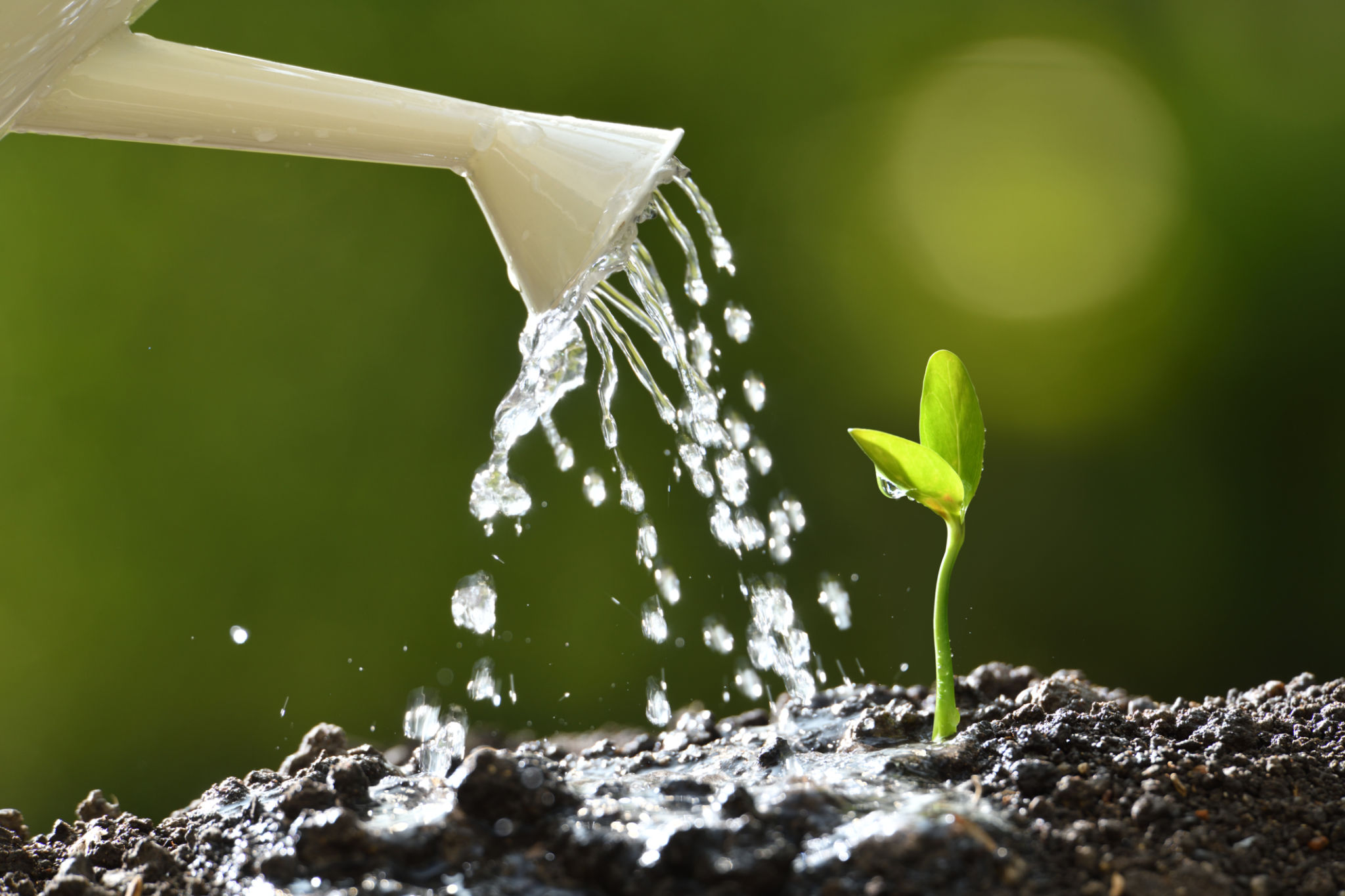Common Myths About Home Garden Maintenance Debunked
Understanding the Basics of Home Garden Maintenance
Many people believe that maintaining a home garden is a complex and time-consuming task. While it's true that gardens require care and attention, the process is often simpler than most people think. The key is understanding what your plants need and providing it in a balanced manner. Let's debunk some common myths and set you on the path to a flourishing garden.

Myth: You Need a Green Thumb to Grow a Garden
The idea that only those with a "green thumb" can successfully maintain a garden is a widespread myth. In reality, anyone can cultivate a thriving garden with the right knowledge and effort. Start by choosing plants that are well-suited to your climate and soil conditions. With time, patience, and learning from experience, you can develop your gardening skills.
Gardening is also about trial and error; not every plant will thrive, and that's okay. The key is to learn from each growing season and adjust your methods accordingly. Remember, even experienced gardeners face challenges, so don't be discouraged by initial setbacks.
Myth: All Plants Need Daily Watering
A common misconception is that plants require daily watering to stay healthy. Overwatering can actually harm your plants more than under-watering. Most plants thrive when their soil is allowed to dry out between waterings. It's essential to understand the specific needs of each plant species, as some may prefer drier conditions while others require consistently moist soil.

To determine when to water, check the soil moisture by sticking your finger an inch or two into the ground. If it feels dry, it's time to water. Additionally, consider using mulch to help retain soil moisture and reduce the frequency of watering.
Debunking Fertilizer Myths
Myth: More Fertilizer Means Better Growth
Another prevalent myth is that using more fertilizer will result in healthier plants. However, over-fertilizing can lead to nutrient imbalances, causing more harm than good. Instead of indiscriminately adding fertilizer, conduct a soil test to determine what nutrients your garden might be lacking.
A balanced approach is crucial. Use fertilizers according to the specific needs of your plants and follow the recommended application rates. Organic fertilizers are often a good choice as they release nutrients slowly and improve soil health over time.

Myth: Pests Can Only Be Managed with Chemicals
Many gardeners believe that chemical pesticides are the only solution for pest control. While they can be effective, there are numerous eco-friendly alternatives available. Introducing beneficial insects, such as ladybugs and praying mantises, can naturally control pest populations.
Additionally, practicing crop rotation and maintaining garden hygiene can prevent pest infestations. Using companion planting techniques, where certain plants can naturally repel pests, is another effective strategy for pest management without harsh chemicals.
Final Thoughts on Home Gardening
Home gardening doesn't have to be an overwhelming task filled with complexities and myths. By focusing on understanding the true needs of your plants and using sustainable practices, you can cultivate a vibrant garden that brings joy and satisfaction. Embrace learning and experimentation, and you'll find that gardening is both rewarding and therapeutic.
In conclusion, debunking these myths can help you approach gardening with confidence and clarity. Whether you're a novice or an experienced gardener, staying informed and adaptable will always serve you well in your gardening journey.